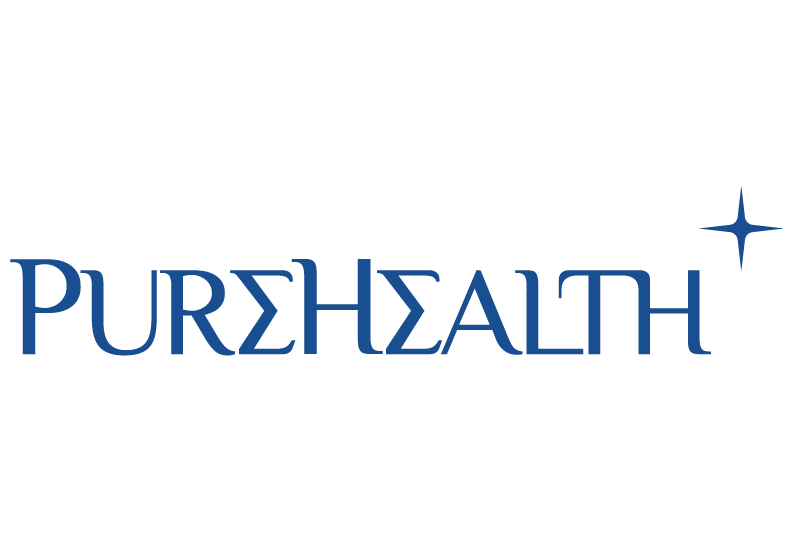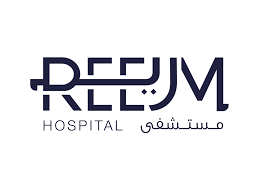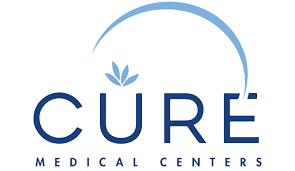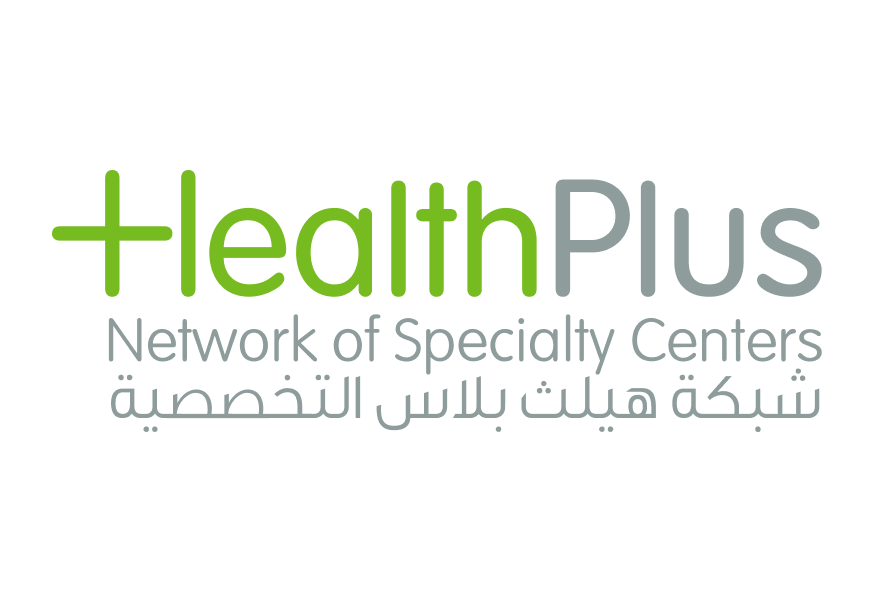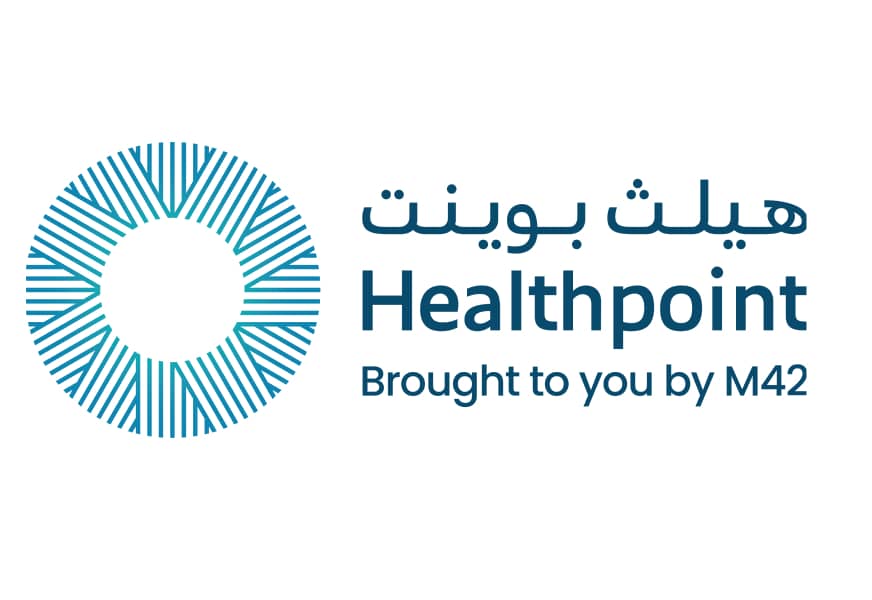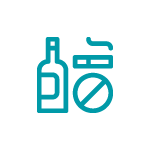What is Breast Cancer?
We check our phones. We check our looks. We check our messages… But do we check what really matters? Breast cancer is the most common cancer among women, yet when found early, it is highly treatable. The ‘Check What Really Matters’ campaign is here to remind you that the most important check you can make is for your health—and for the people you love.
Who should get checked?
Age group 20-39 years

 Clinical breast exam every 3 years
Clinical breast exam every 3 yearsAge group 40-75 years


Risk Factors
Some risk factors cannot be changed, while others can be influenced by lifestyle choices:

|
Risk Factors You Cannot Change |
|
|

|
Risk Factors You Can Reduce or Influence |
|
|
What to Look Out For




Note: Most changes are not cancer, but only a doctor can confirm.
Where to Get Checked?
Breast cancer screening services are available through the Comprehensive Screening Program ‘IFHAS’ for all Thiqa cardholders in the Emirate of Abu Dhabi. For more information about IFHAS,
click here
For non-Thiqa cardholders, you can book a screening by making an appointment with your family physician, general practitioner, or obstetrics & gynecology specialist at any of the providers listed below across Abu Dhabi.
Call your nearest healthcare provider for an appointment
Additional FAQs
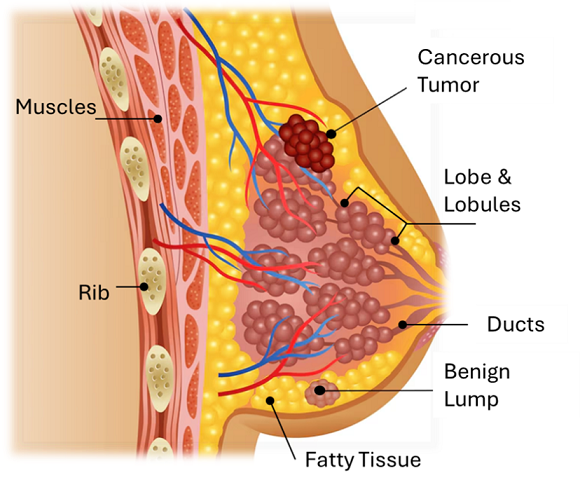
Breast Composition and Function
Breast tissue is made up of fat, connective tissue, and a complex network of lobules, lobes, and ducts. Its main function is breastfeeding. The breast undergoes many changes during a woman's life as a result of hormonal changes, and most of these changes are benign.
What is Breast Cancer?
A type of cancer that starts in the breast. It occurs as a result of the division and growth of abnormal cells in the breast continuously out of control, leading to the formation of tumors. There are different types of breast cancer depending on the cells that have turned into a tumor.
Breast cancer can spread inside the body to other organs and areas.
Factors that increase the risk of breast cancer
- Aging
- A personal or family history of breast or ovarian cancer.
- Presence of inherited genetic mutations relevant to breast cancer: BRCA1, BRCA2
- High density in the breast.
- Previous biopsy indicates the presence of quantitative inflation or cancer at the site.
- Not having children or having children after the age of 35.
- No reliance on feeding/breastfeeding.
- Current or recent use of hormone replacements.
- Long-term use of the pill.
- Unhealthy lifestyle: lack of physical activity, smoking, alcohol consumption, obesity or overweight, unhealthy diet.
Globally 2022
- Breast cancer is the most common cancer among women around the world, and the leading cause of cancer deaths among them.
- By 2022, 2.3 million women had been diagnosed with breast cancer, and 666,000 women had died from the same disease.
- About 99% of breast cancer cases occur in women, while only 0.5%-1% of cases occur in men.
- Every 15 seconds, a woman is diagnosed with breast cancer, and every 50 seconds a woman in the world dies from the disease.
Emirate of Abu Dhabi 2023
- It is the most diagnosed and widespread cancer in Abu Dhabi, and it is the fourth leading cause of cancer deaths in the emirate.
- It mainly affects women, with women accounting for 99% of cases while males account for only 1% of cases.
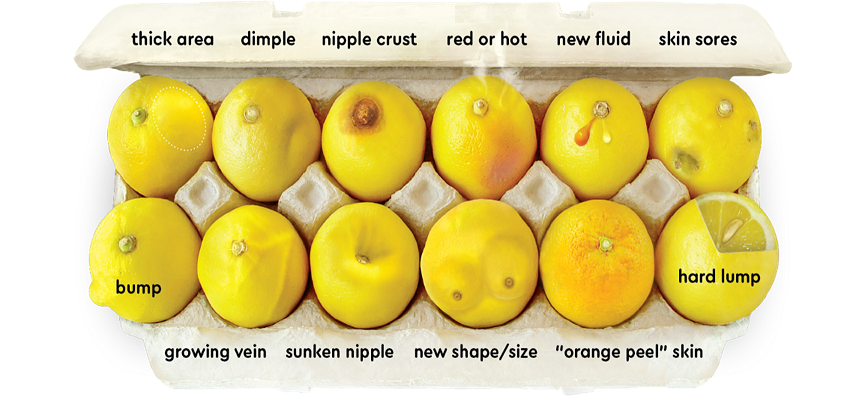
Symptoms and warning signs of breast cancer
Most people don't have any symptoms in the early stages of cancer, and they usually appear when the disease is in its advanced stages.
Symptoms of breast cancer include:
- A lump or thickening in the breast, often without pain.
- A change in the size, shape, or appearance of the breast.
- Burning, redness, or other changes in the skin.
- A change in the appearance of the nipple or the skin around the nipple (areola).
- Abnormal or bloody fluid coming out of the nipple.
Factors that increase the risk of breast cancer
- Aging
- A personal or family history of breast or ovarian cancer.
- Presence of inherited genetic mutations relevant to breast cancer: BRCA1, BRCA2
- High density in the breast.
- Previous biopsy indicates the presence of quantitative inflation or cancer at the site.
- Not having children or having children after the age of 35.
- No reliance on feeding/breastfeeding.
- Current or recent use of hormone replacements.
- Long-term use of the pill.
- Unhealthy lifestyle: lack of physical activity, smoking, alcohol consumption, obesity or overweight, unhealthy diet.



